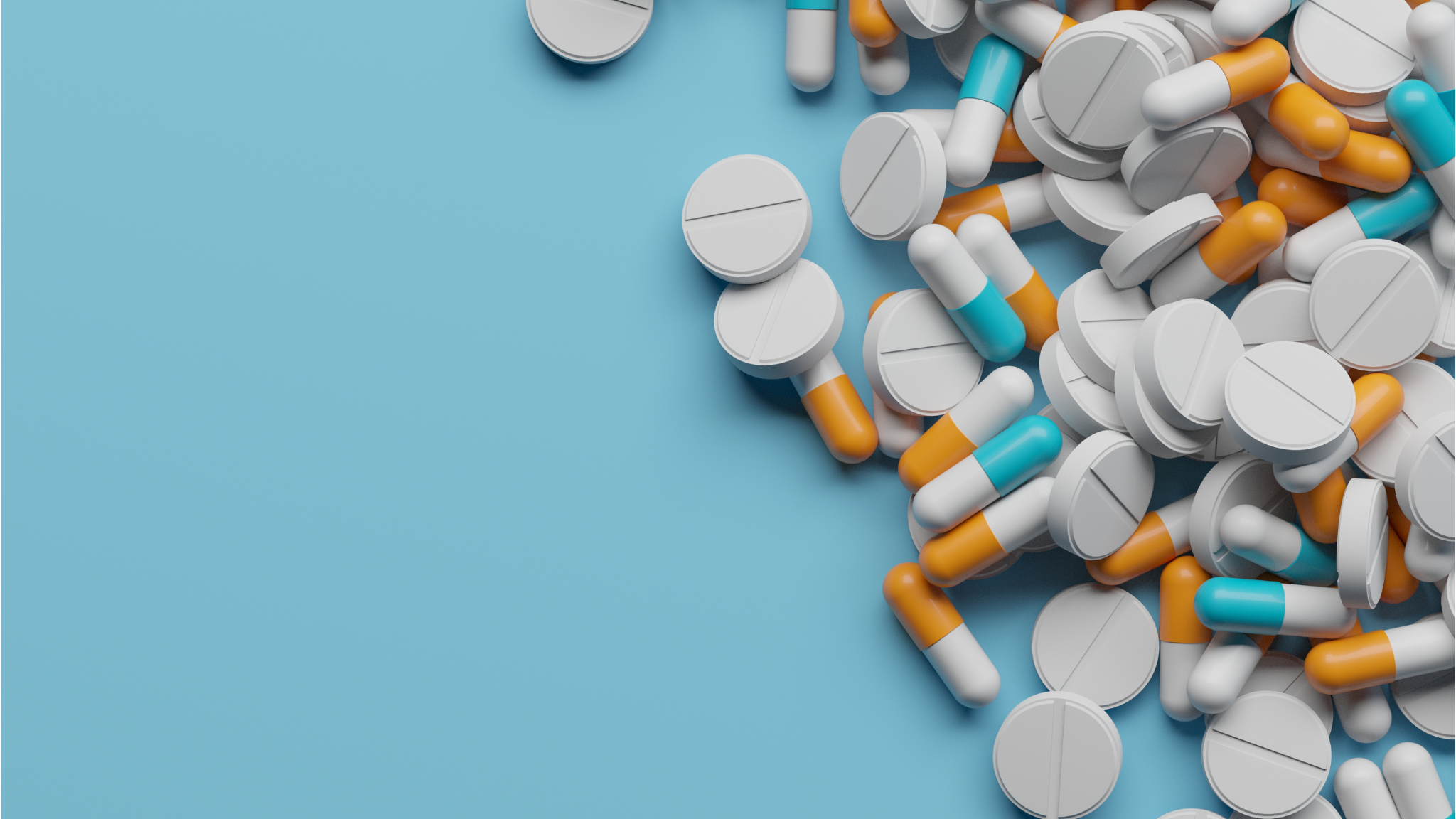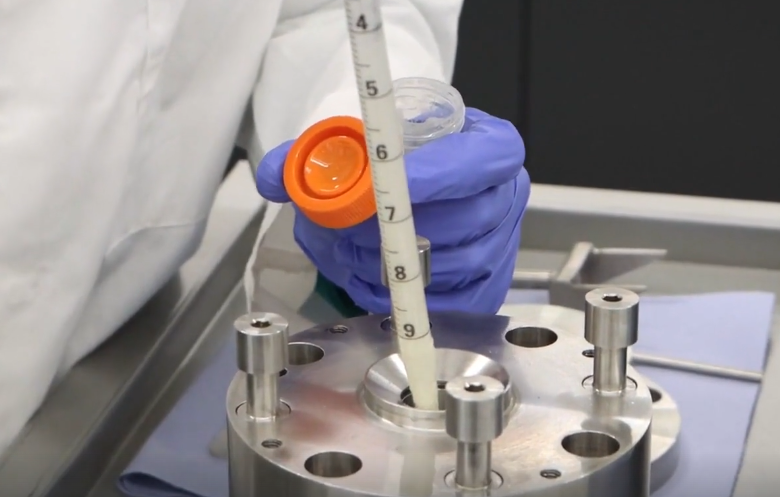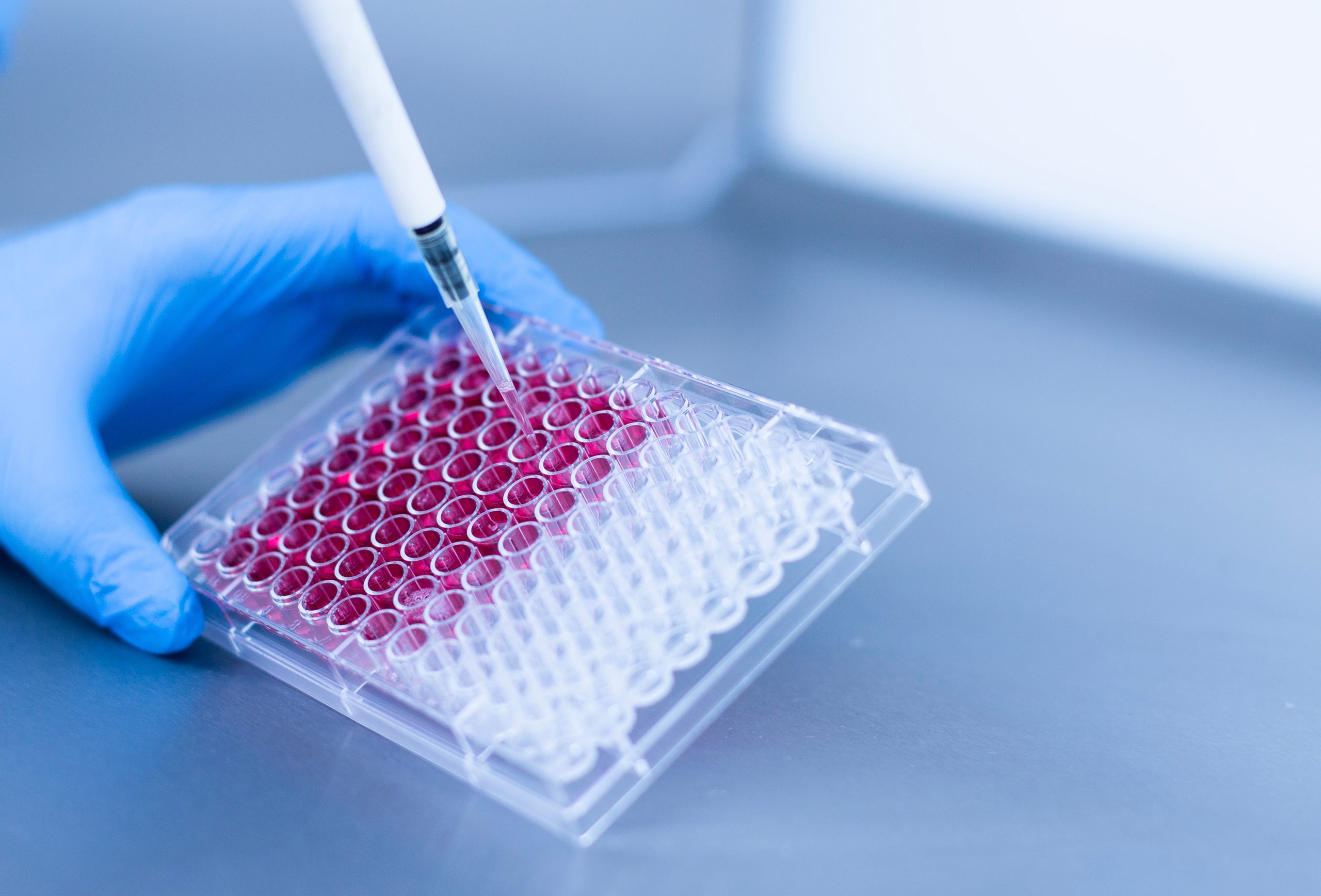Navigating regulatory trends in the biopharma industry

The Biotech industry is constantly evolving and 2023 is poised to be another exciting year for this field. Here are five trends to watch in biotech in 2023:
1. Personalised medicine
Personalised medicine is a rapidly growing field that involves tailoring medical treatment to an individual’s specific needs based on their genetics, lifestyle and environment. Advances in genomic sequencing technology have made it possible to identify genetic mutations that can lead to disease, and targeted therapies have been developed to treat these mutations. In 2023, we can expect to see continued growth in personalised medicine as the field moves towards a more patient-centric approach.
2. Bioprinting and tissue engineering
The field of bioprinting and tissue engineering is growing rapidly, with researchers exploring ways to create functional organs and tissues using 3D printing technology. In 2023, we can expect to see more progress in this field with the development of new materials and techniques for printing complex tissues and organs.
3. Orphan drugs
Orphan drugs are medications used to treat rare diseases that affect a small number of people. In recent years, the development of orphan drugs has become more financially viable, thanks in part to government incentives that encourage drug companies to invest in this area. In 2023, we can look forward to seeing growth in the development of these drugs as more and more companies focus on treating rare diseases.
4. Drug discovery
Drug discovery is the process of identifying and developing new medications to treat disease. In recent years, advances in artificial intelligence (AI) and machine learning have revolutionised the drug discovery process, allowing researchers to analyse large amounts of data and identifying potential drug candidates more quickly and efficiently. In 2023 we are likely to see continued growth in the use of AI and machine learning in drug discovery.
5. AI and machine learning
AI and machine learning are rapidly advancing in the field of biotech, revolutionising the way research and development are being conducted. These technologies can analyse large and complex datasets to identify novel drug targets and optimise drug candidates, significantly speeding up the drug discovery process. AI and machine learning are also being used to optimise bioprocess parameters, reducing costs, improving yields, and increasing efficiency.




